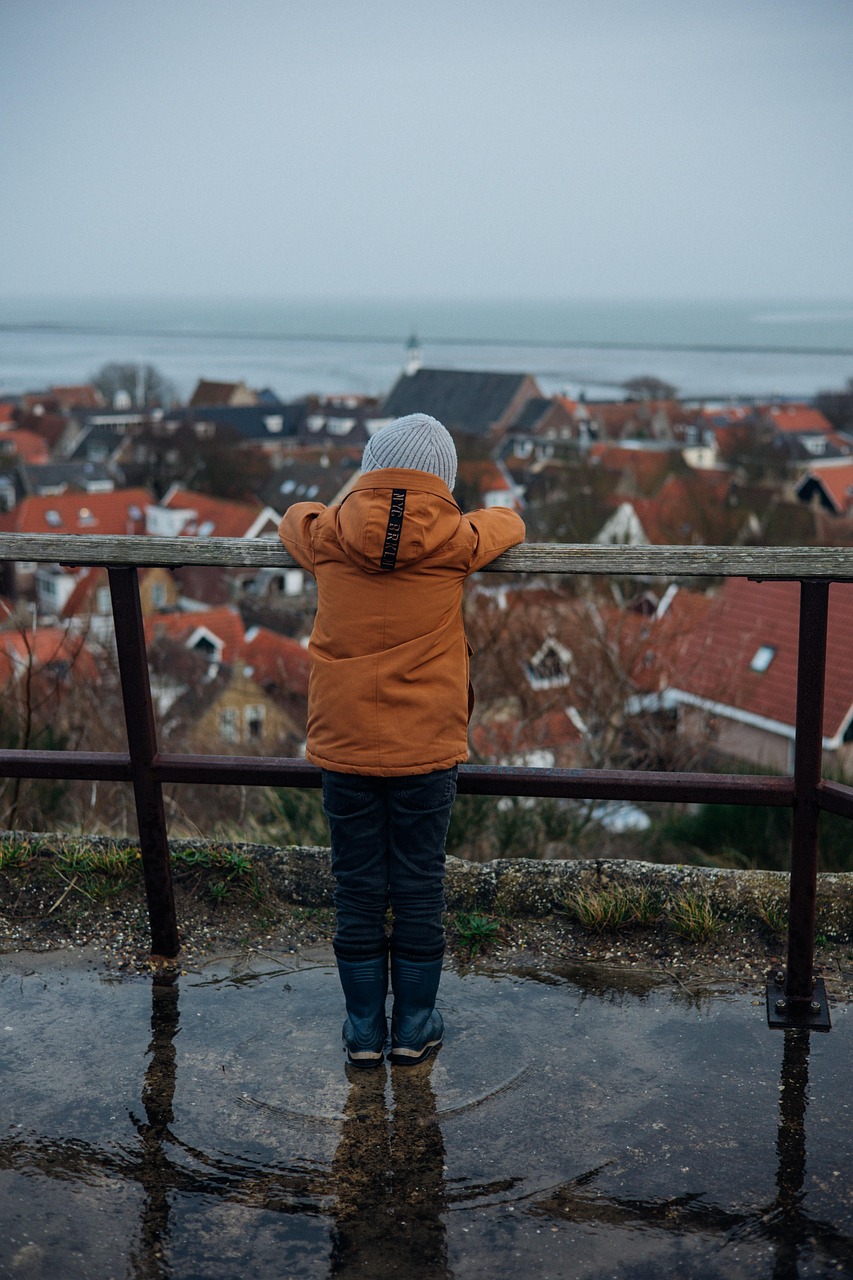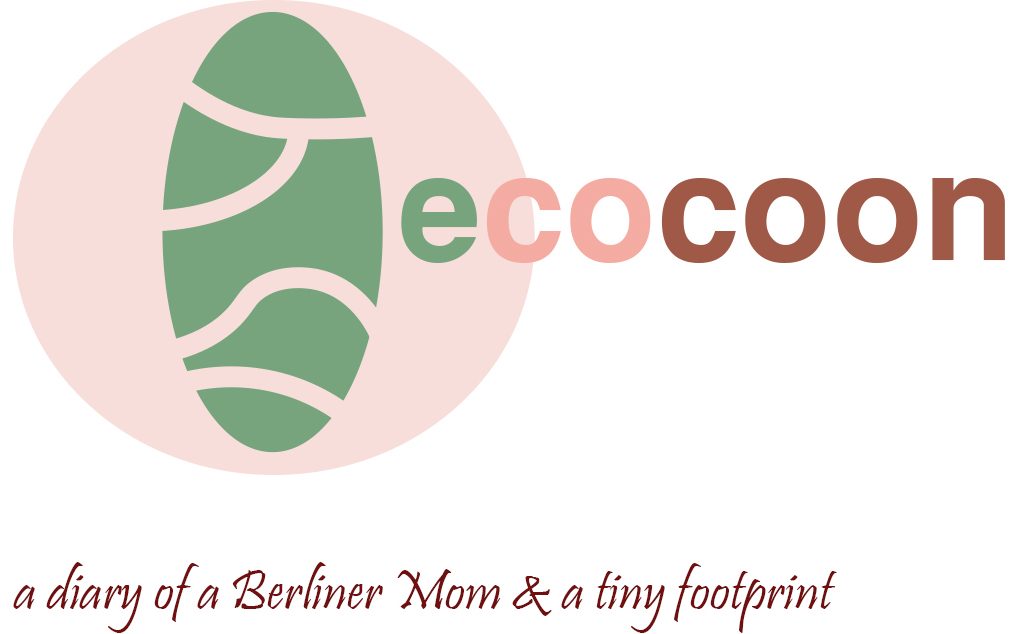Ever since she was born, she has been trying to search for her freedom, as if she knows that it is right there very close. When she was just 3 months old, she would try to push her body forward with fierce determination, but there was nowhere to go, she couldn’t physically crawl yet. When she started crawling, she would try forcing herself to stand against every surface she could find, and when she finally stood and took her first wobbly steps, she immediately tried to run. I don’t know what’s yet to come, but I know that she has always been searching for freedom, since she was born.
Watching this unfold, I realized I had a choice: I could either support her natural drive or try to control it. I chose freedom. No walker to confine her developing legs, she needed to feel the ground, stumble, get back up, and discover her own balance. No forced potty-training schedules, she would signal when she was ready to take that leap toward independence. No battles over food, she explores textures, tastes, and colors at her own pace, sometimes wearing more banana than she eats, and that’s perfectly fine.

This relentless drive toward freedom has shown me that it is what people are born with, it is what makes them happy, what defines life. But observing her made me curious: what does science actually say about this instinctive push for independence? The research I discovered was both fascinating and deeply troubling, revealing how we’ve structured modern childhood in ways that may be fueling our environmental crisis.
True freedom doesn’t take place inside enclosed spaces. It flourishes through exposure to the natural world. When children get in touch with the earth and its resources through unrestricted exploration, they develop the discovery instincts that make environmental consciousness intuitive. My daughter doesn’t just look at leaves, she crumbles them, and watches them blow in the wind. Research by environmental psychologists like Wells and Lekies confirms that children with more direct nature experience develop stronger environmental awareness and engagement as adults.
However, when this natural exploration is restricted, children develop substitute seeking behaviours that persist into adulthood. A toddler denied the freedom to climb trees may later seek thrills through expensive adventure gear. The child confined to walkers instead of free floor time might grow up buying fitness equipment rather than simply moving their body. They end up buying products that promise the experiences we denied them from the start.
Research suggests this pattern may have significant environmental consequences. When people seek nature connection through products rather than direct experience, they generate demand for resource-intensive manufacturing while remaining disconnected from the ecosystems that bear the cost. The irony is heartbreaking, we manufacture plastic toys shaped like trees while real ones stand ignored outside our windows.
While the full causal relationship requires more research, evidence points toward a concerning pattern: when we restrict a child’s freedom from the beginning, we may raise children who are suppressed and disconnected from natural systems. Studies indicate these children often become adults who find environmental destruction more psychologically tolerable because they never developed the connection that comes from direct contact with living systems. This disconnection may contribute to the passive acceptance of environmental destruction that threatens our planet’s future.
The solution lies in honouring what my daughter instinctively seeks, the freedom to explore, discover, and connect directly with the world around her. Every muddy footprint, every handful of dirt examined with scientific curiosity, every determined attempt to climb higher. These aren’t messes to clean up, but foundations for a lifetime of environmental awareness and genuine freedom.
